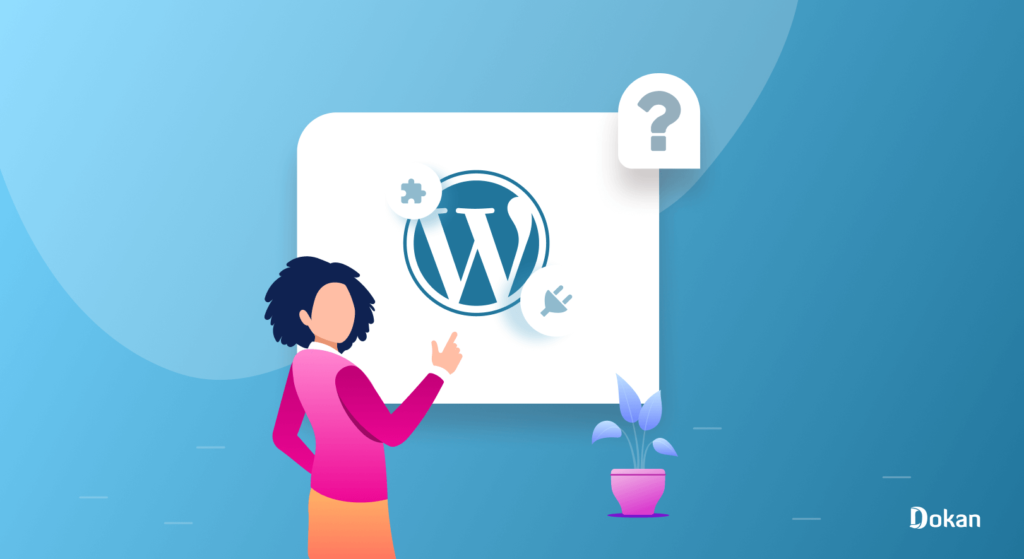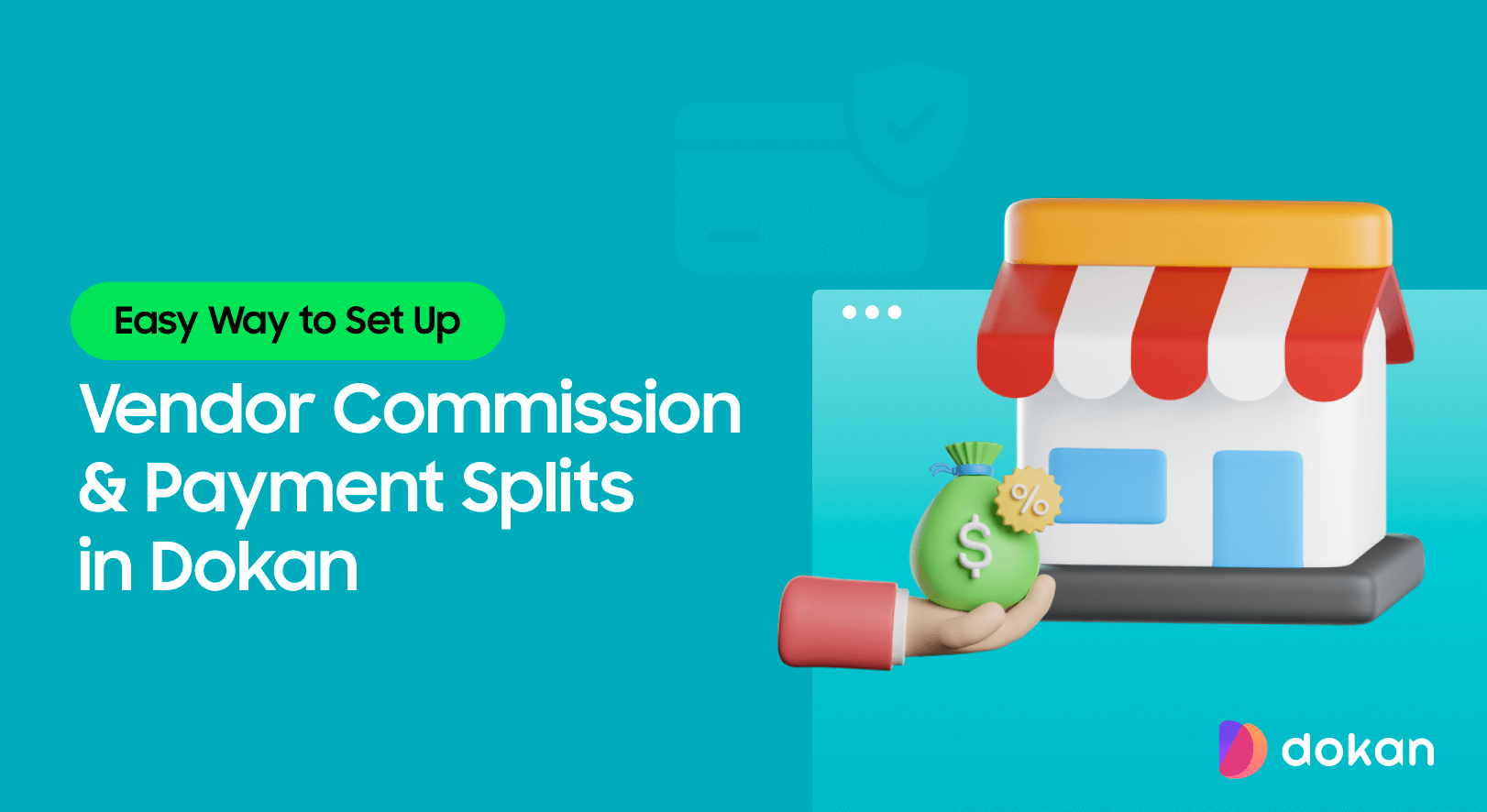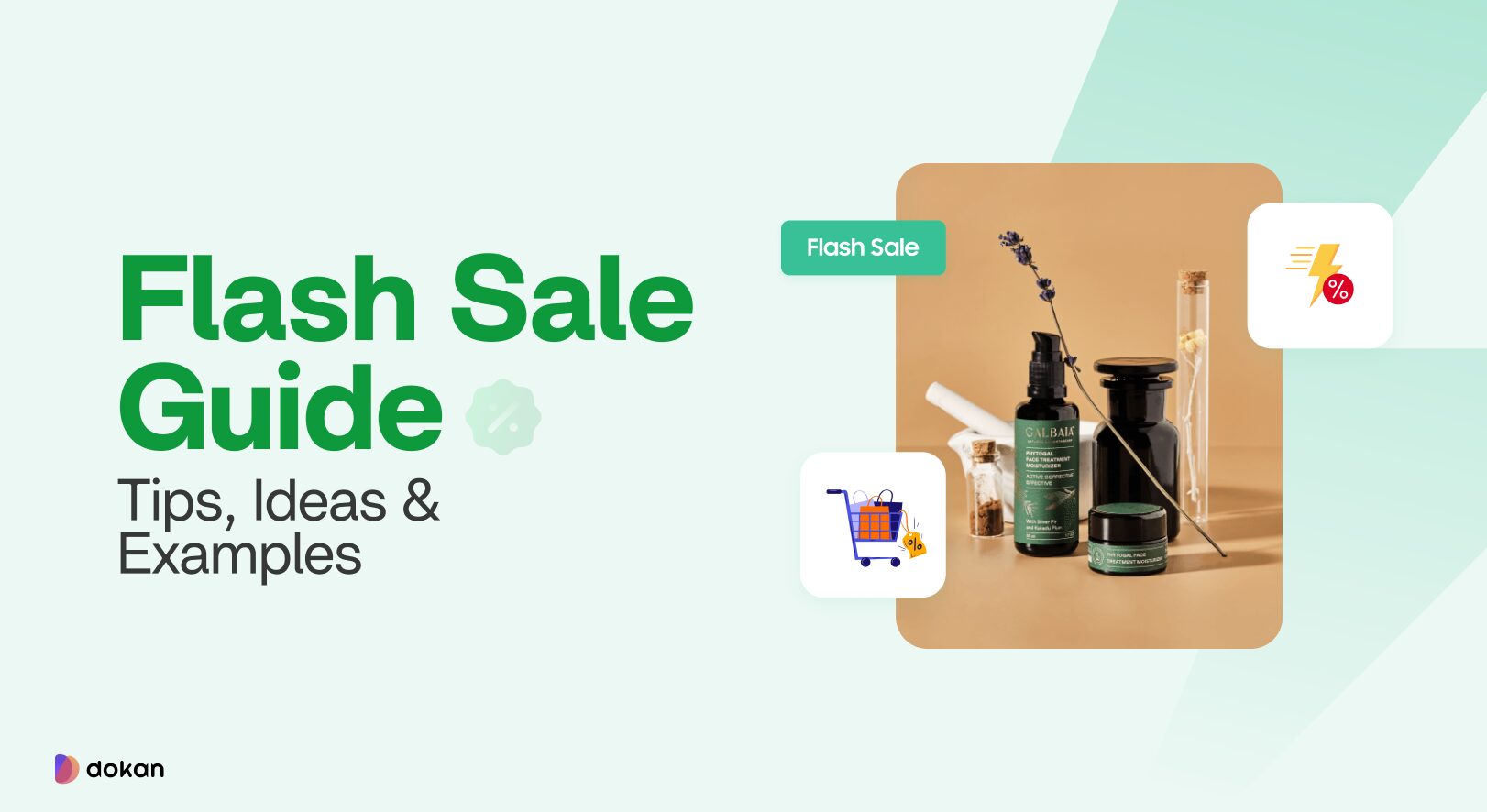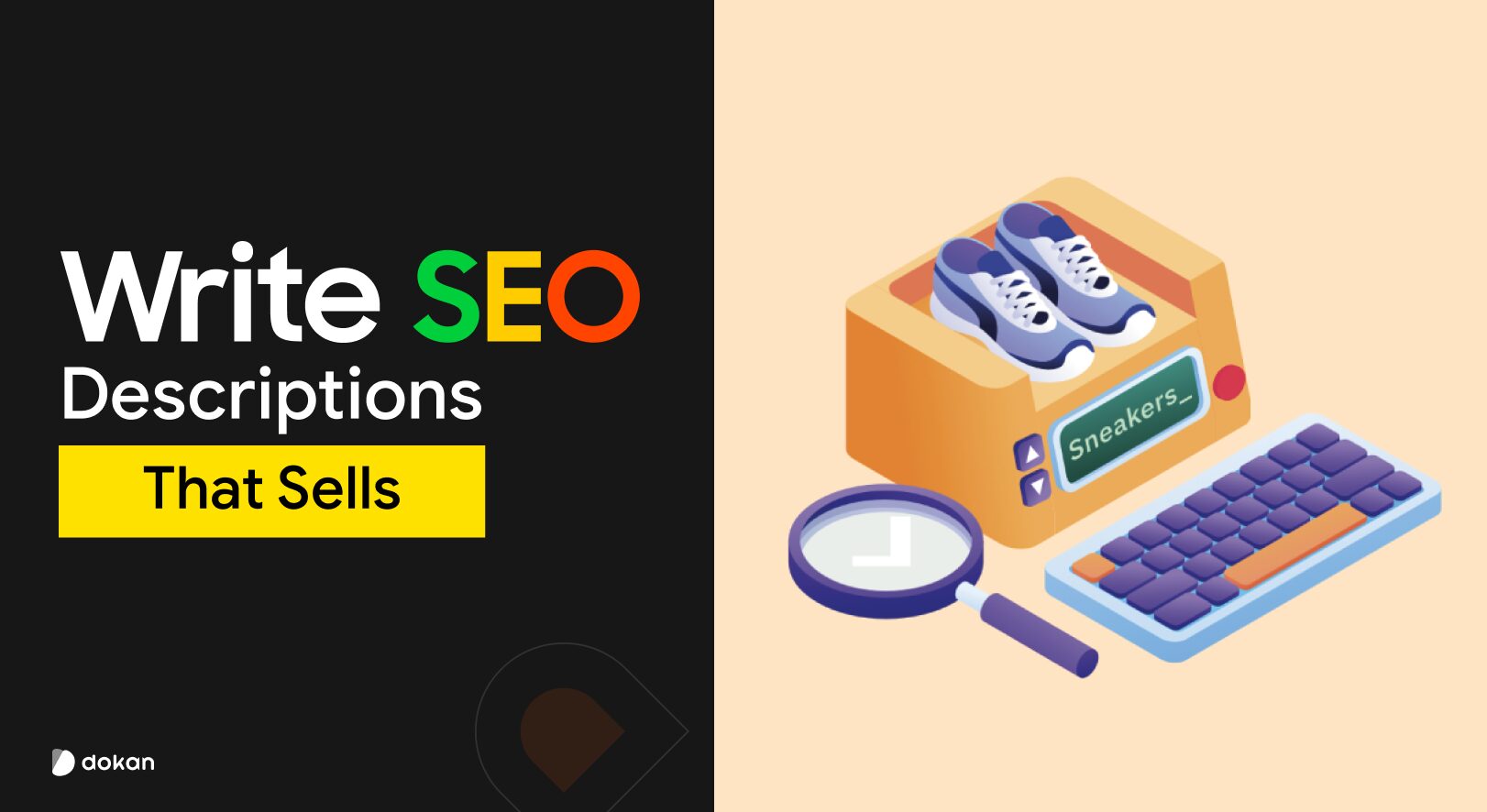There was an interesting story on the web, where a college student hacked a Nepali eCommerce site and ordered as many Kitkats as he liked by manipulating the price. The business survived that attack, but 60% of small businesses that suffer a cyberattack are unlikely to survive beyond six months. Security concerns for eCommerce sites are very real.
WordPress is one of the most popular CMSs to create an eCommerce site as it powers more than 30% of the online sites on the web. But with cyber attacks targeted towards eCommerce sites on a regular basis, the question arises “is WordPress secure enough for eCommerce websites?”
According to research conducted by Sucuri, “WordPress was the target of 90% of all hacking attempts on content management systems (CMS). Other CMSs didn’t even reach the 5% mark. Such as the popularity of WordPress.”
But people are still trusting WordPress to create eCommerce sites. There should be reasons for their trust.
Today we will look into why WordPress is safe for eCommerce sites and how you can protect your WordPress eCommerce sites.
Security Tips for regular WordPress Sites
- Use a Strong Password
- Two-factor Authentication
- Install a Powerful WordPress Security Plugin
- Backup Your Site
Additional Security Tips for WordPress eCommerce Sites
- Choose a Reputable eCommerce Plugin
- Select an eCommerce-Based Hosting
- Purchase an SSL Certificate
- Use a Secure Payment Gateway
Let’s dive into details-
1. Use a Strong Password
This is a must when you are using a WordPress site. You need to use a strong password made up of a string of lower and upper case letters, numbers, and special characters. This will prevent your site from getting hacked. There are many cases where the site owner has used admin as both username and password and got hacked.
There are many password generator tools available online. And you can store them on Notes or use third-party software like Lastpass. And If you have other users with high-level access to your site, make sure they use a strong password and change their password every so often.
2. Two-factor Authentication
Two-factor authentication otherwise known as 2FA is a very popular security measure. It is the process of giving another step of verification step to the account owner in order to identify their login attempt. It can either be a link sent to the users’ email accounts or a text sent to their phone numbers.
There are many WordPress plugins available in the repository that will help you verify your users with 2-factor authentication. You can try out the Google Authenticator – WordPress Two Factor Authentication plugin for a comprehensive solution.
3. Install a Powerful WordPress Security Plugin
This goes without saying that you need to install a WordPress security plugin. These plugins will help you protect against threats, and malware attacks, limit login attempts, and brute force attack protection. We have already talked about some popular security plugins in the previous section. You can see the names from there.

4. Backup Your Site
This is one of the important tasks of protecting your site. You have to keep a backup of your site. There are free backup plugins like UpdraftPlus available that will help you keep a backup of your site to various cloud-based applications.
Then if the worst should happen and your site should get hacked, then you can quickly restore your site with a click of a button.
5. Choose a Reputable eCommerce Plugin
There are quite a few popular eCommerce plugins available in WordPress. But none comes closer to WooCommerce. WooCommerce is a popular freemium eCommerce plugin. It will enable you to sell physical and digital products, as well as subscriptions and memberships, and much more. WooCommerce comes with a range of built-in security measures that work out of the box. These include,
- Code – WooCommerce uses well-written, clean, and secure code, written by the experts at Automattic.
- Updates – WooCommerce core and the numerous WooCommerce extensions are regularly updated to ensure any vulnerabilities are patched.
- Credit Card Information – By design, customers’ credit card information is never stored on your site or passed through your website’s database.
- Security Team – WooCommerce has a dedicated team of developers working 24/7. This team works to immediately identify and patch any bugs found.
If you want to know more about WooCommerce, then you can follow our guide about WooCommerce customization.
6. Select an eCommerce-Based Hosting
Selecting an eCommerce-based hosting is an important step to securing your WordPress eCommerce site. As you’re running an online store on your WordPress site, it’s best to select eCommerce-specific hosting for a good eCommerce security foundation.
So you don’t have to share the hosting plan with anyone, which might create security risks. Some hosting services also afford security cleanup services so that you can recover your site quickly after a breakdown.
7. Purchase and Apply an SSL Certificate from the Beginning
An SSL certificate encrypts data. So that any information traveling between a website and a server is unreadable. This is very important for securing credit card details and personal data, information that your online store may be dealing with on a daily basis.
Many hosting offers free SSL certificates, but it is better to purchase one.
The benefit of paying for this extra validation is that, in addition to the green padlock, you can also show your business name in visitors’ browsers like this:

This helps build trust with visitors about the security of your site.
8. Use Secure Payment Gateways
Don’t try to store customers’ credit card details on your server. The best way to do this is by using a third-party payment gateway. They will handle all the customer credit data and info for you.
You will find numerous payment gateways that offer a range of different services and features. But if you are new to the eCommerce game and are not yet sure what sort of features you will need from your payment provider, both PayPal and Stripe are impressive payment gateways that will help you set up secure payments on your online store.
How Does WordPress Ease Your Journey to Ensure the Safety of Your eCommerce Website?

WordPress is not ideally built for eCommerce. So, running an eCommerce site on a platform not built for eCommerce can be frightening. When you are running an eCommerce site, you need to handle many things like,
- Handling customers’ personal info, storing contact details and credit card data
- Making sure that payment processing is handled securely
- Avoiding and detecting potential fraud methods
- Making sure that orders are received and processed correctly, and delivered safely to customers
- Meeting online safety and web security standards
- Complying with various business and consumer protection laws and other legal requirements and guidelines.
Actually, WordPress takes care of them all. How?
1. Whenever there is a security problem identified in the WordPress core software, the main team lets the users know about those issues and they try to solve the problem as soon as possible.
2. In collaboration with another team that views themes on the platform, the project team scrutinizes any new theme or plugin handed over to the repository. When they detect a security issue on a plugin or theme, the teams work hand in hand with developers to sort out the problem and then release an update to the users of the platform regarding the modification(s) made.
3. Security plugins for eCommerce sites. WordPress offers plugins like Sucuri, iThemes Security Pro, Jetpack Security, or Wordfence. They stand like gatekeepers in front of your eCommerce sites to prevent threats from malware and attacks.
4. Popular eCommerce plugins. WooCommerce, Easy Digital Downloads, etc are the most popular eCommerce plugins in WordPress. These plugins have all the features of creating and maintaining an eCommerce site with ease. No wonder WooCommerce has 5 million+ active installations and has 29% of all eCommerce websites.
5. Secure payment gateway integration. WordPress has integration with popular payment gateways that are specially designed for eCommerce. They are secure and make sure payment processing is handled securely.
6. Frequent updates on WordPress cores, plugins, and themes. Another paramount WordPress safety measure is WordPress core software as well as its well-vetted themes and plugins. It helps enhance your eCommerce website functionality while improving security.
This should answer the question is WordPress secure enough for eCommerce websites.
Although WordPress is an open-source platform, it takes enough measures on its own to keep its users safe. However, users need to take some measures of their own in order to make sure their site is secure. That is why in the next section, we will talk about the best WordPress security tips for eCommerce websites.
Read more: Why eCommerce Businesses Fail & How to Resolve Them.
Bonus: Types of Security Attacks WordPress Websites Face and How to Get Out of Them
WordPress sites have always been the target of many security attacks. Here are the types of attacks WordPress sites face on a daily basis and how to prevent them.
1. SQL Injection and URL Hacking
SQL Injection is one of the oldest and most popular hacks in the world of hacking. To make it happen, the hacker has to somehow affect or access the database. For this purpose, hackers often use web forms or input fields.
After the successful intrusion, hackers can manipulate the MySQL database and easily gain access to the admin panel. Then further damage is only a matter of time. This type of hacking is a pretty basic type of hacking.
Another potential threat to WordPress security is modifying URLs by adding PHP statements. In this way, attackers can trigger strikes on the database and site components.
Prevention: Using a quality plugin can do a lot in this regard. If your site is affected by SQL Injection. you may use Wordfence or Sucuri SiteCheck to prevent the damage. Moreover, keep your WordPress, themes, and plugins updated.
2. DDOS
DDoS means Distributed Denial of Service is an enhanced version of Denial of Services(DoS). It was used to have a large volume of requests in order to make the server slow and ultimately crash.
This is not the most severe attack ever and even the latest version of WordPress can’t comprehensively defend against this type of attack. Usually, this type of attack doesn’t harm your site completely but sometimes it will simply take your site down for a few hours or days.
Prevention: Preventing this type of attack is way more difficult by using a conventional technique. A sound web hosting provider can do a lot in this regard. For example, Kinsta, or Cloudways – managed cloud hosting provider that manages all the server security and so on.
3. Brute-force Attack
In the Brute-force attack, there are login attempts using automated scripts to abuse weak passwords and gain access to your site. Hackers usually try hundreds of times and error approaches by guessing the right username or password.
Prevention: Comparatively, it’s simple to prevent this type of attack. You have to provide a strong password that could include upper case, lower case, number, special character, and so on. So, it would be a difficult job for anyone to guess the exact one.
FAQ(s) On eCommerce Security for WordPress Website
What if your eCommerce store gets hacked?
If your eCommerce sites get hacked,
1. Restore from Backup
2. Contact Your Hosting Provider
3. Configure your security plugin
Can WordPress be hacked?
Yes. If the WordPress site admin uses outdated core, plugins, themes, and other software they expose security holes for hackers to exploit.
What percentage of WordPress sites are hacked?
Sucuri found that 10.4% of WordPress websites were at risk of getting hacked as they were running out-of-date software.
What industry is hacked the most?
5 Industries Most at Risk of Data Breaches
1. Public administration.
2. Healthcare & pharmaceuticals.
3. Finance & insurance.
4. Education & research.
5. Retail.
Follow eCommerce Security Tips to Lock Down Your WordPress Site
As you can see, there are plenty of ways you can secure your WordPress online store. Using complicated passwords, applying two-factor authentication, and keeping backup always are the common practices to make your WordPress site safe. Since eCommerce sites involve in money transactions and deal with users’ sensitive data, it’s crucial to protect your site from hacking and fraud.
Fortunately, by implementing the techniques we provided you can build and run a strong and healthy WordPress eCommerce site.
Is there any other important eCommerce security tip we missed? If so feel free to let us know below in the comments.
Subscribe to
Dokan blog
We send weekly newsletters, no spam for sure!







Leave a Reply